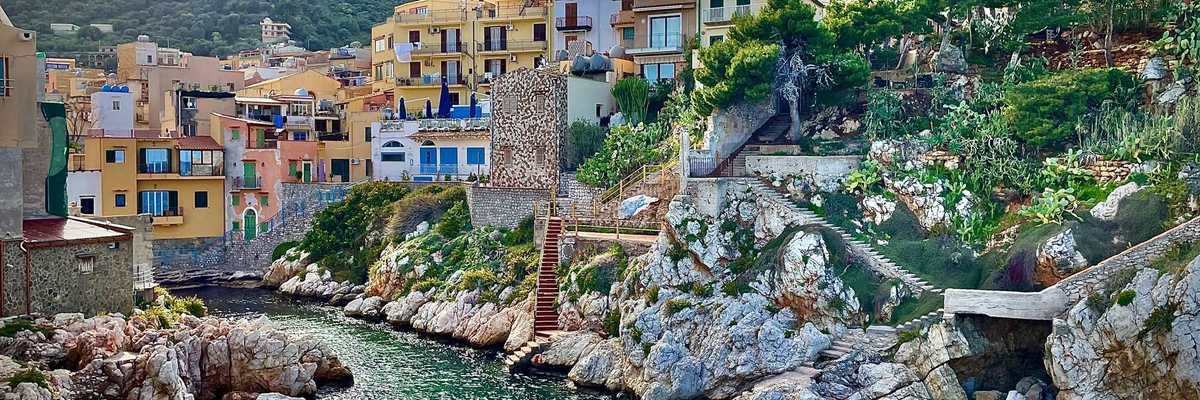carbon capture and sequestration
America is stuck in a climate contradiction
The U.S. is funneling billions into carbon capture to slow emissions, but it may not save areas like Louisiana most affected by climate change.
In short:
- Louisiana is becoming a hub for carbon capture, seen by some as a solution to climate change, though it primarily benefits the oil and gas industry.
- Critics argue that the expansion of liquid-natural-gas (LNG) plants worsens climate risks, particularly in vulnerable areas already suffering from rising seas and extreme weather.
- Despite its potential to reduce emissions, carbon capture technology is unproven at scale and may simply justify continued fossil fuel use.
Key quote:
“You always try to keep creating new value for the future.”
— Gray Stream, CEO of Gulf Coast Sequestration.
Why this matters:
Carbon capture is a major investment under Biden's climate plan, but it risks prolonging reliance on fossil fuels rather than transitioning to cleaner energy, raising questions about its real impact on climate and health outcomes. Read more: 30 environmental advocacy groups ask PA governor to veto carbon capture bill.
John T. Preston, Dennis Bushnell and Anthony Michaels: Iron dust could reverse the course of climate change
As crazy as it might sound, geoengineering the oceans by adding iron — in effect, fertilizing them — may offer the best, most effective and most affordable way not just to slow the march of global warming but to reverse its course by directly drawing carbon out of the atmosphere.









